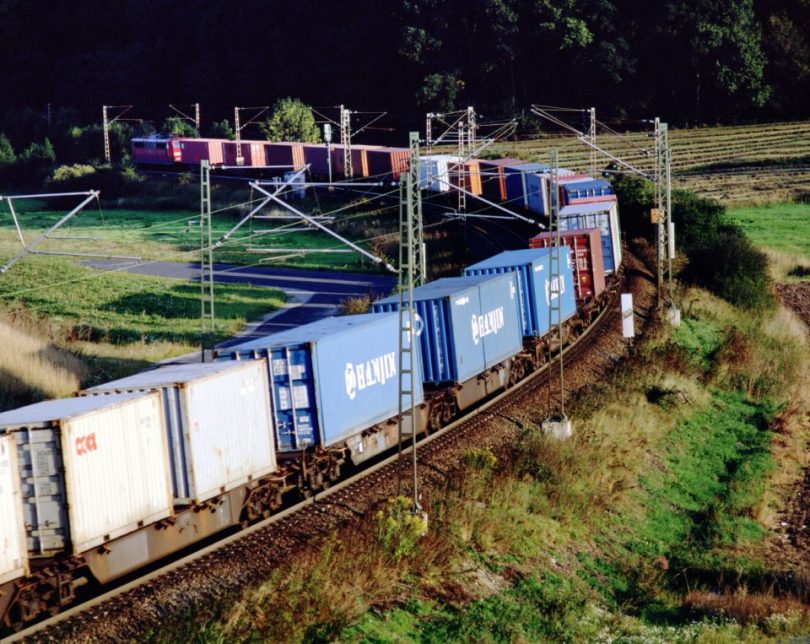DB Cargo leads rail freight consortium promoting single wagon transport

A consortium of 12 German rail freight companies founded the ‘Future Single Wagon Transport Network’. DB Cargo is among the leading members of the initiative that aims to promote the single wagon transport market in Germany. The initiative is also supported by the Association of German Transport Companies (VDV) and the Network of European Railways (NEE). Other noteworthy participants include Bentheimer Eisenbach and Siegen-Wittgenstein district railway.
The Network’s primary purpose is to shift as much traffic as possible from road to rail by 2030. VDV’s Vice President, Joachim Berends, underlined that promoting and solidifying single wagon transport will make freight railways more competitive and attractive. Sigrid Nikutta, CEO of DB Cargo, emphasised that “with a traffic share of around 18 per cent in Germany, single car traffic is an important backbone for the economy. Many industrial customers, medium-sized companies in the area, and new customers with consumer or agricultural goods can benefit from climate-friendly rail logistics”.
Focus areas
First of all, the recently founded Network aims to commit to using a common single wagon network. Moreover, it wants to market the benefits of rail freight through attractive propositions to enable the modal shift. Good information about technical innovations and shared work on digitalisation for better data sharing is another prerequisite. In this way, the partnered rail companies want to improve competition in the single wagon and intermodal markets.
Furthermore, the partners will publish a reliable overview of the existing classic and multimodal loading possibilities in single wagon traffic. In this way, even smaller companies without rail access will explore opportunities for multimodal traffic within the single wagon market.
NEE insists on political reassurance
The Network of European Railways welcomed the initiative because it believes that it will contribute to the growth of single wagon traffic. After all, the biggest competitor of rail freight is road transport. And that is why so many competitors from the industry came together.
However, NEE did not miss the opportunity to mention some necessary prerequisites for the Network to succeed. Most importantly, there is a need for political support by constructing a framework allowing a level playing field between rail and road transport. Prioritising rail when it comes to investments is also crucial. At the same time, the infrastructure manager DB Netz AG is urged to become more reliable to allow the growth of rail freight in all its aspects.
Single wagon transport
In single wagon traffic, individual wagons or groups of wagons from different customers form one train. These individual wagons are loaded at the loading station, transported to a collection point, bundled in a freight train, transported from the starting point to the destination and distributed at the arrival station.
Single wagon transport is characterised by its flexible planning and individual booking – in terms of quantity, time and relation. This makes it possible to transport goods at short notice and connect economic centres throughout Europe and far beyond.
Also read:
- Rhine valley still closed-DB Netz urged to act
- Germany wants to almost nullify track access charges
- Kombiverkehr and DB Cargo join forces for modal shift
- DB Cargo’s loss more than doubled in 2020
You just read one of our premium articles free of charge
Want full access? Take advantage of our exclusive offer




